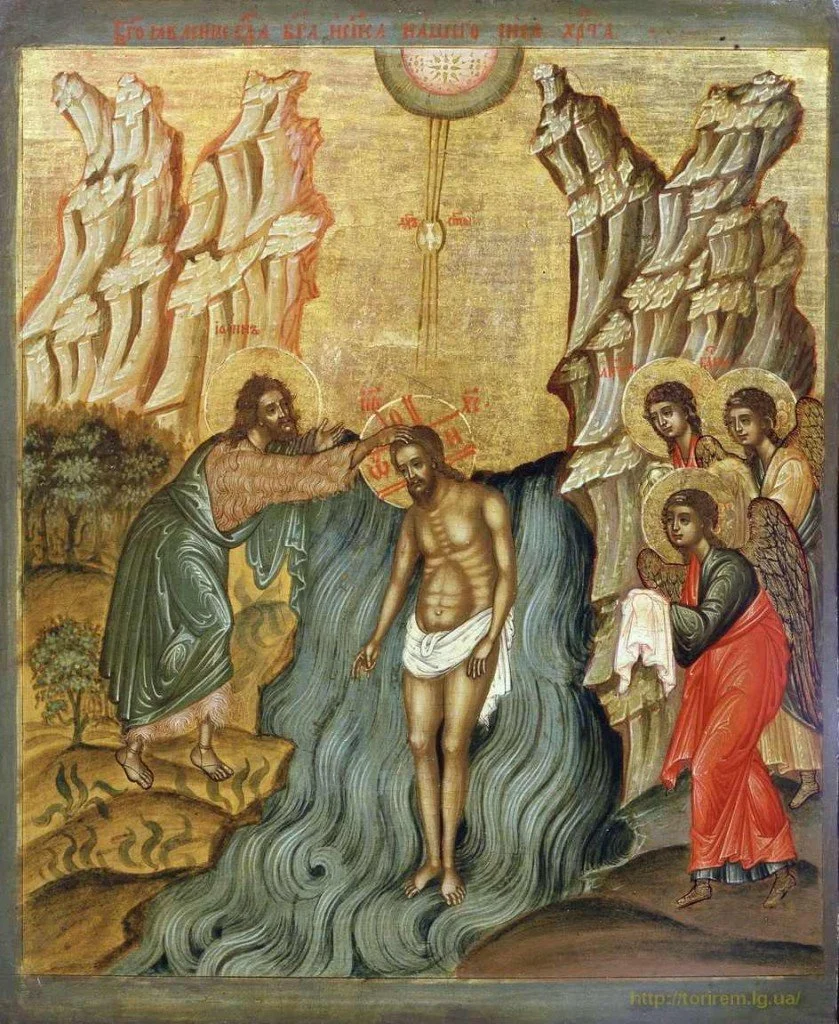Cyprian of Carthage: “What a significance, beloved brethren, all this has! How suitable, how necessary it is that this plague and pestilence, which seems horrible and deadly, searches out the justice of each and everyone and examines the minds of the human race; whether the well care for the sick, whether relatives dutifully love their kinsmen as they should, whether masters show compassion to their ailing slaves, whether physicians do not desert the afflicted begging their help, whether the violent repress their violence, whether the greedy, even through the fear of death, quench the ever insatiable fire of their raging avarice, whether the proud bend their necks, whether the shameless soften their affrontery, whether the rich, even when their dear ones are perishing and they are about to die without heirs, bestow and give something! Although this mortality has contributed nothing else, it has especially accomplished this for Christians and servants of God, that we have begun gladly to seek martyrdom while we are learning not to fear death. These are trying exercises for us, not deaths; they give to the mind the glory of fortitude; by contempt of death they prepare for the crown.”
The Constraint of the Word: Graham Ward on Gregory of Nyssa
Graham Ward on Gregory of Nyssa’s Great Catechetical Oration: “The ‘system’ [of catechesis] is not an abstract set of propositions set out by the ministers who preside and to which allegiance is given by those taught. It is, first of all, intrinsic to the word itself as the Logos; the word of faith that teaches. The system is the constraining and necessary logic of the Logos. It is co-relative to both a social and institutional practice (teaching) and an operation (being saved). It is implicated in ‘the mystery of godliness’ or the hidden working of piety. Its aim is salvation through conversion.”
Fear as Lack of Faith?
From an article by Alex Fogleman published at Church Life Journal:
To live—to live well—is an act of supernatural grace. In order to embrace both Lent and Easter, then, we need a deep habituation in the Church’s way of being, a way infused with sacramental grace through the sacraments, even if received spiritually. Though most of us are, for the time being, cut off directly from participation in the life-giving sacraments, that does not stop the church from being herself—in her members—a sacrament of Christ, formed from the bleeding side of the New Adam during the sleep of his passion. We celebrate life amidst death, then, because we have been catechized into Christian existence. To be an Easter people and to sing Hallelujah, we must have our entire frame of reference aligned towards a transcendent order, the supernatural mystery of Christ our creator and redeemer.
Who Needs Catechesis?
From an article by Alex Fogleman on Covenant:
Christian teaching is “constrained” by the logic of the logos and the sanctification of the Spirit. The character of the Christian God invites the church to be just this kind of catechizing community: not simply a teaching community but a community caught up in the divine economy.
Catechesis for the Third Way
Gerald Sittser explains why the catechumenate emerged as a result of the “gap” between Christianity and Roman culture: “A simple conversion was not enough, for Romans had to be converted to an entirely different belief system and way of life that was as alien to them as a language like Chinese is to English speakers. This huge gap required time, patience, and purposefulness. Anything short of that would have undermined the very faith that Christian leaders proclaimed, Roman critics opposed, and martyrs died for, a faith rooted in the incarnation, death, and resurrection of Jesus Christ.”
















